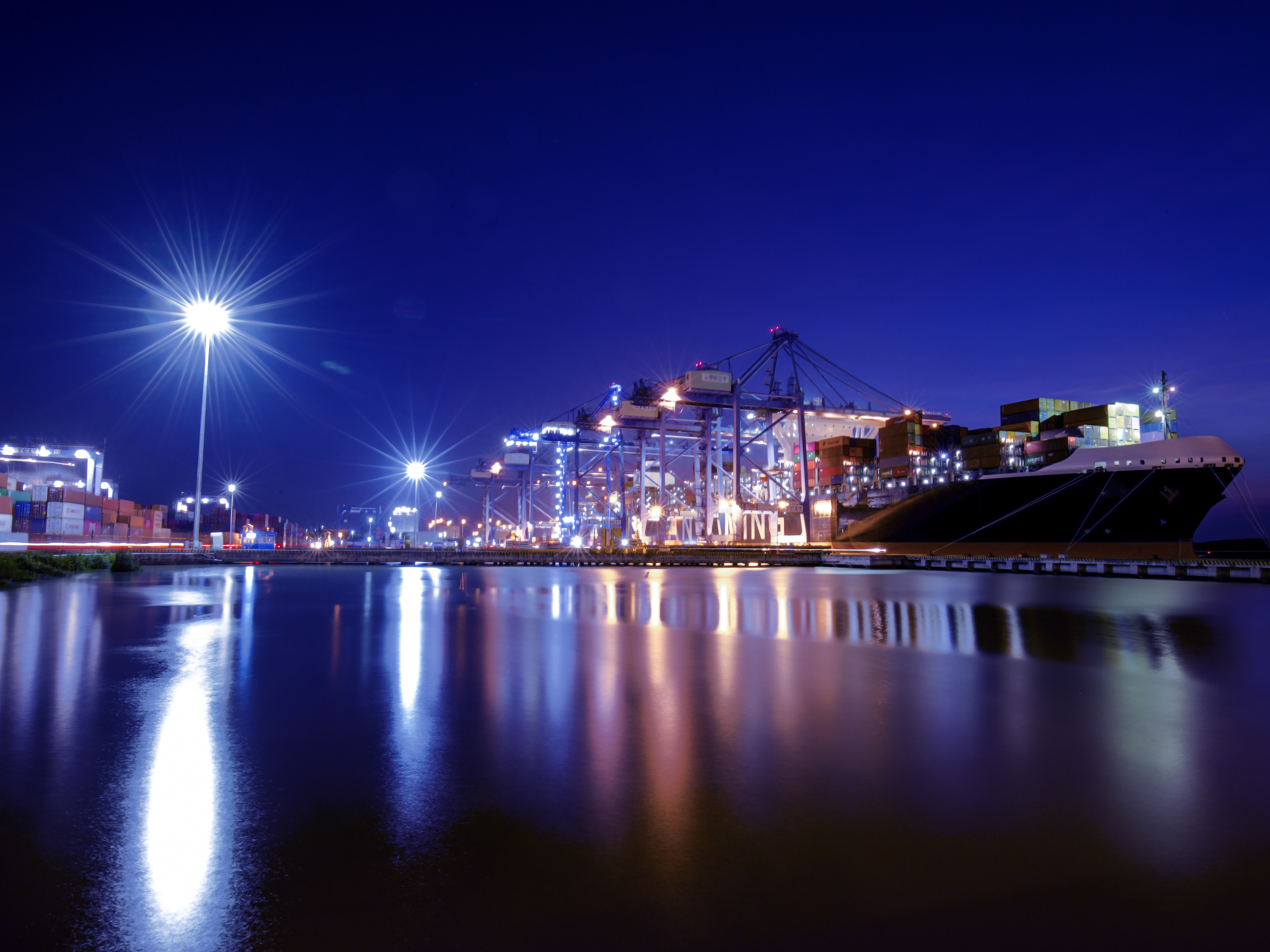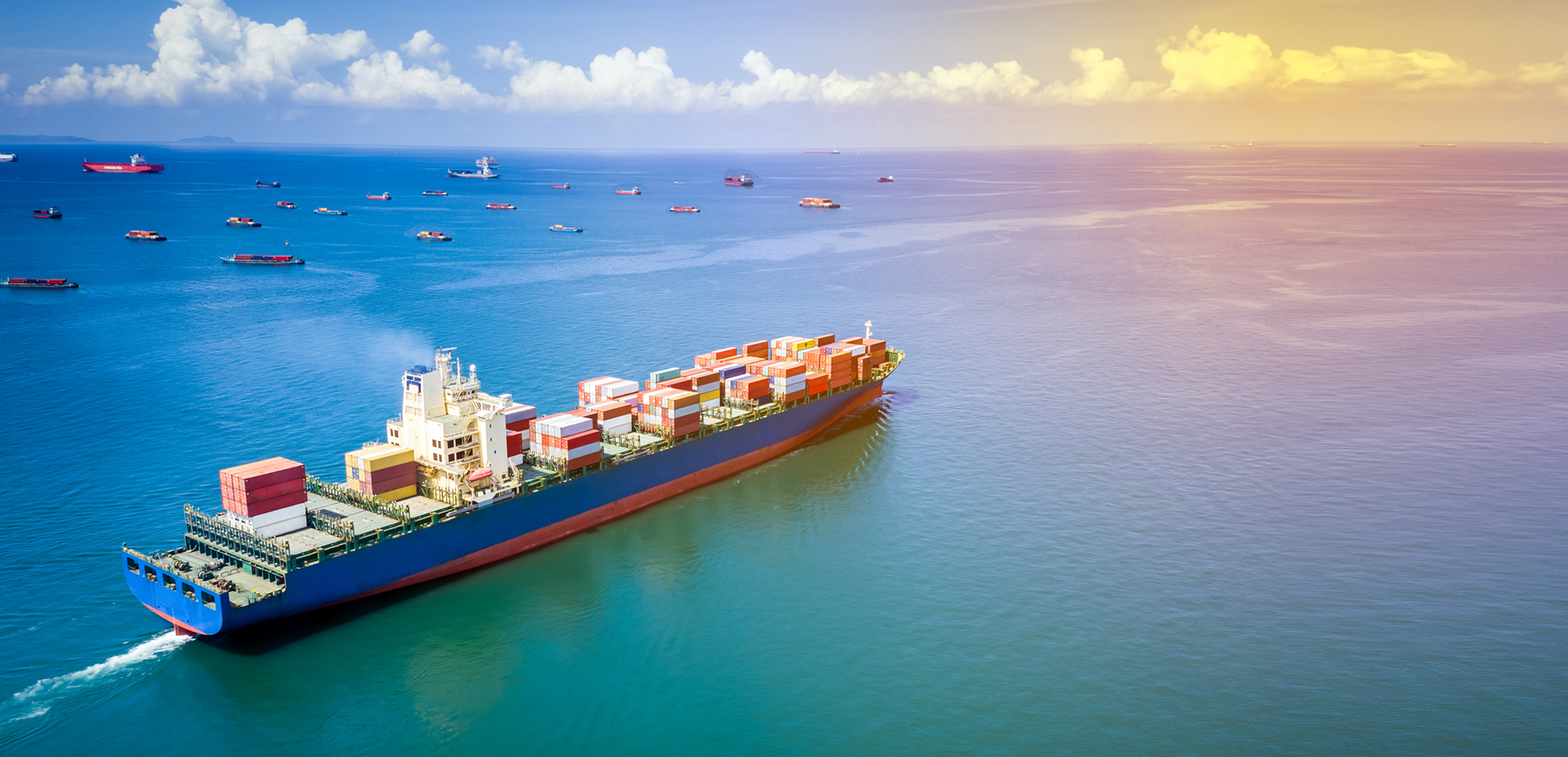IMO and Germany sign agreement to develop project to identify opportunities and solutions to prevent and reduce transport emissions.

The full-size project, once approved, will target reduction of GHG and other pollutant emissions from ships within ports, and from hinterland transport through energy efficiency improvements, optimized processes and innovative technologies (blue solutions).
The International Maritime Organization (IMO) and the Federal Ministry for the Environment, Nature Conservation and Nuclear Safety of Germany (BMU) have signed an agreement to undertake the preparatory activities leading to the development of a project proposal to reduce maritime transport emissions in East and Southeast Asian countries. The project is supported through the International Climate Initiative (IKI) of BMU. IMO will partner with the Partnerships in Environmental Management for the Seas of East Asia (PEMSEA) to undertake the preparatory project and to develop the full project proposal.
This agreement, which was signed on 1 April 2021, is the first step in an ambitious Asia Maritime Transport Emissions project (known as the Blue Solutions Project) that aims to support East and Southeast Asian countries in identifying opportunities to prevent and reduce transport emissions. The full-size project, once approved, will target reduction of GHG and other pollutant emissions from ships within ports, and from hinterland transport through energy efficiency improvements, optimized processes and innovative technologies (blue solutions).
"Partnerships are essential in tackling the global issue of emissions which are harmful to the environment. By identifying opportunities to reduce maritime transport emissions and demonstrating potential technological solutions in partnerships with various stakeholders in the region, this project will help developing countries in Asia to move closer towards a low-carbon future. We thank Germany for this very timely support and look forward to working with the partner countries and potential other partners from public and private sector to develop and design a full-size project proposal which we hope to submit to Germany for approval by end of this year," said Mr. Jose Matheickal, Chief of the Department of Partnerships and Projects, IMO.
Working together
This agreement, signed by Mr. Matheickal and Mr. Philipp Behrens, Head of Division, International Climate Initiative, BMU, confirms the allocation of 385,697 Euros in funds to develop a full-size project proposal. This will involve a number of information gathering and project design activities to align the aims of the project with those of regional and national stakeholders. These include planning workshops; conferences; interviews; identification of candidate demonstration projects, partnership discussions and desktop research and assessment. All key stakeholders will be involved, including government partners, the shipping industry, port authorities and operators, technology providers, financial institutions, and local governments.
In addition to undertaking a comprehensive technical, financial and economic analysis of the proposed project, the project proposal will also identify capacity development and knowledge management aspects, as well as assessment of GHG emission baselines. Opportunities for pilot demonstration projects to advocate for potential of low carbon shipping, ports and hinterland transport will also be identified.
Partner countries
At the preparatory stage, IMO will work with the following focus partner countries to develop the full-size project proposal: China, Indonesia, Malaysia, the Philippines, Thailand and Viet Nam. Efforts may also be undertaken to identify capacity building needs in other Asian countries. Japan, the Republic of Korea and Singapore are expected to be invited to serve as knowledge partner countries and their level of involvement in the project will be identified and confirmed during the appraisal stage.
All project components and work packages will be coupled with appropriate capacity building and knowledge exchange initiatives.
The full-size Asia Maritime Transport Emissions Project, which is slated to receive funding of some 15 million Euros, is one of several IMO-led initiatives designed to support the developing countries in the implementation of IMO Initial GHG strategy.
